Sana 2019, the international fair held in Bologna dedicated to organic products, is over. It boasted 1,000 exhibitors and focused on respect for the environment, plus it included conventions, workshops and presentations that discussed the segment problems.
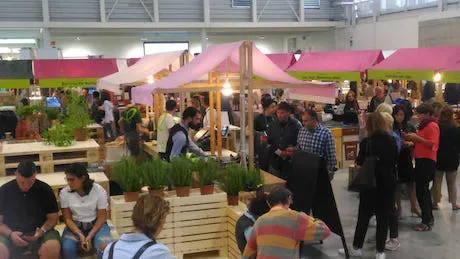
The priorities are strengthening producers while making the domestic production grow as well as building a strong Italian production chain with a governance capable of tackling new challenges - environmental, climatic, biodiversity and health.
Despite these challenges, the organic market has been growing by 5% within the retail chain segment. Exhibitors included brands that represent growing market niches and selling local products.
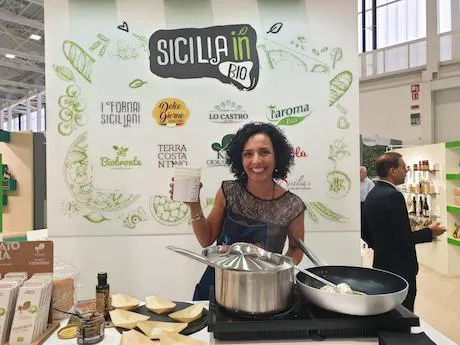
"We are very pleased with the new organic line. With BioBronte,a niche brand from A Ricchigia, our products cross borders increasing our exports. The 31st edition of Sana was also the occasion to draft the Organic manifest 2030, which focuses on three main points: active agriculture to tackle climate change, the importance of an agricultural-ecological approach and the strengthening of the distinctive elements of organic production. This in turn means territorial development, innovation, traceability and a national logo that makes Italian organic productions immediately recognizable," explains Laura Lupo, producer of Pdo pistachios from Bronte.
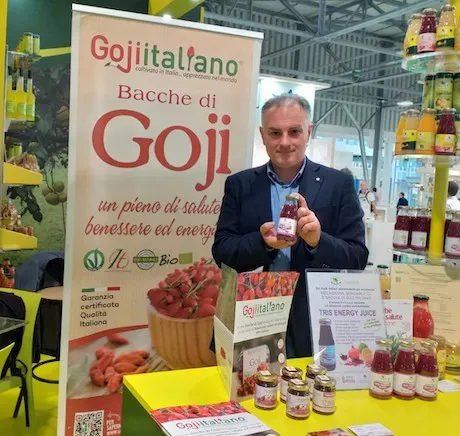
Italy, and southern Italy in particular, is home to the most organic crops in Europe: 2 million hectares and around 80,000 operators.
"What halts the market is the fact that the produce is sold below cost, as production is very expensive. At Sana, we launched Tris Energy Juice in partnership with Patea: a juice with unique nutritional characteristics. Growing trends include Italian and possibly organic superfoods. Superfoods and so-called "vegetable" foods generate a turnover of €1.5 billion,growing by 10% a year. Organic produce generates a turnover of €2.5 billion and grows constantly by 8%," explains agronomist Rosario Previtera, president of the multi-regional Italian goji berry chain.
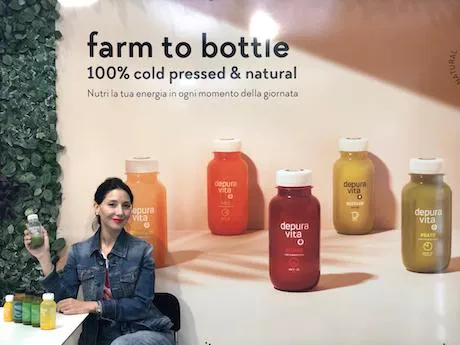
The pioneers of cold-extracted fruit and vegetable juices couldn't miss the chance to attend. Sandra Nassima is the founder of Milan start-up Depiravita, the first company that introduced the cold-extraction technique with the HPP method to Italy. In addition to juices, the product range also includes: soups, smoothies, supplements, purifying teas and vegan cosmetics made with carrots, chicory, cabbage, fennel, ginger, lemon, strawberry, fruits of the forest, apples.
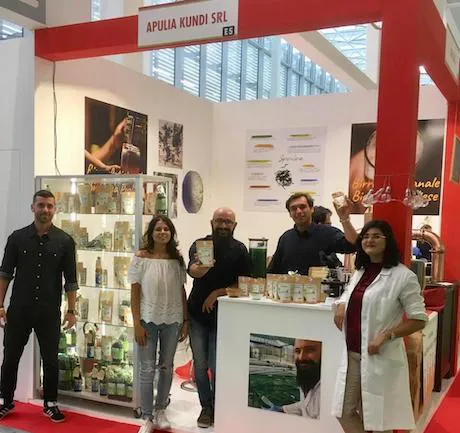
When it comes to innovation, researchers from ApuliaKundi have diversified the spirulina range, defined by FAO the food of the future due to its nutritional properties and low environmental impact thanks to the eco-sustainable production chain.
"We deal with the research and production of micro-algae. In particular, we produce natural SpirulinaK, which is 100% pure and certified organic. In addition, we cooperate with other companies to produce functional spirulina-based food such as pasta, beer and snacks," illustrates project manager and co-founder Danila Chiapperini.
